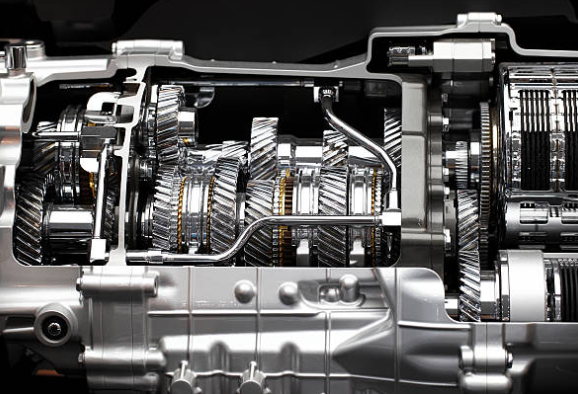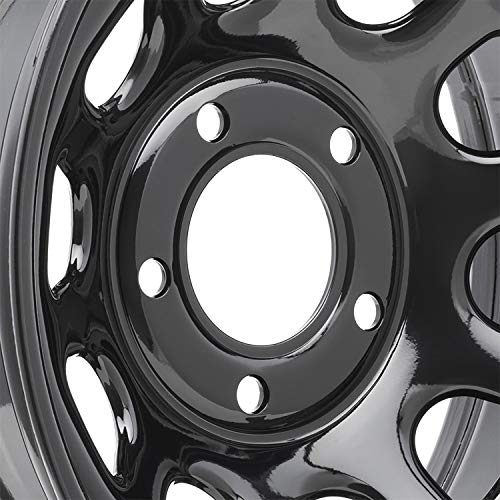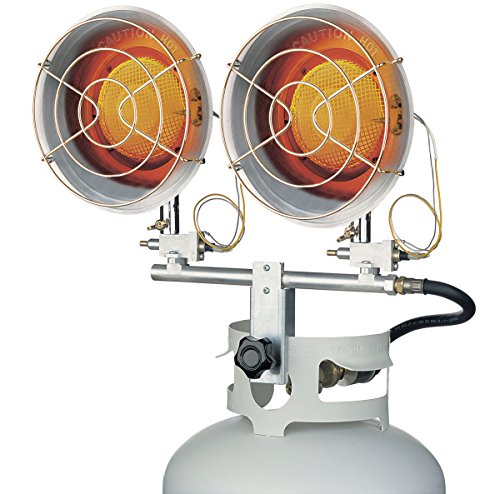Unveiling the Vital Role of Brake Fluid in Your Vehicle
In the realm of vehicle performance, there exist key components that hold a pivotal role in preserving safety and efficient operation. Among these, brake fluid takes center stage, serving as a crucial liquid lubricant dispersed throughout various elements of the braking system. It orchestrates the uniform generation of friction by facilitating the transfer of hydraulic pressure when the brakes are engaged.
Neglecting the proper maintenance of brake fluid could have profound implications, significantly jeopardizing your ability to halt your vehicle promptly and precisely. This blog post will delve into the intricacies of brake fluid's functionality and shed light on its indispensable role in safeguarding your safety on the road.
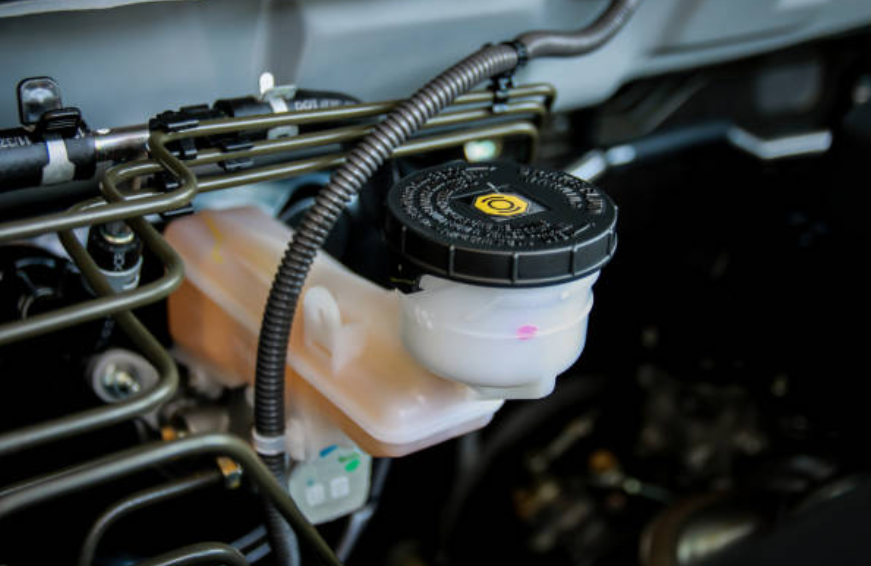
What is Brake Fluid?
Brake fluid is a specially formulated hydraulic fluid used in a vehicle's braking system. It plays a fundamental role in ensuring the proper functioning of your brakes. Brake fluid is a non-compressible substance that transfers the force applied to the brake pedal to the brake components at each wheel, such as calipers or wheel cylinders. This transfer of force creates the hydraulic pressure needed to press the brake pads or shoes against the brake rotors or drums, generating friction and causing the vehicle to slow down or come to a stop.
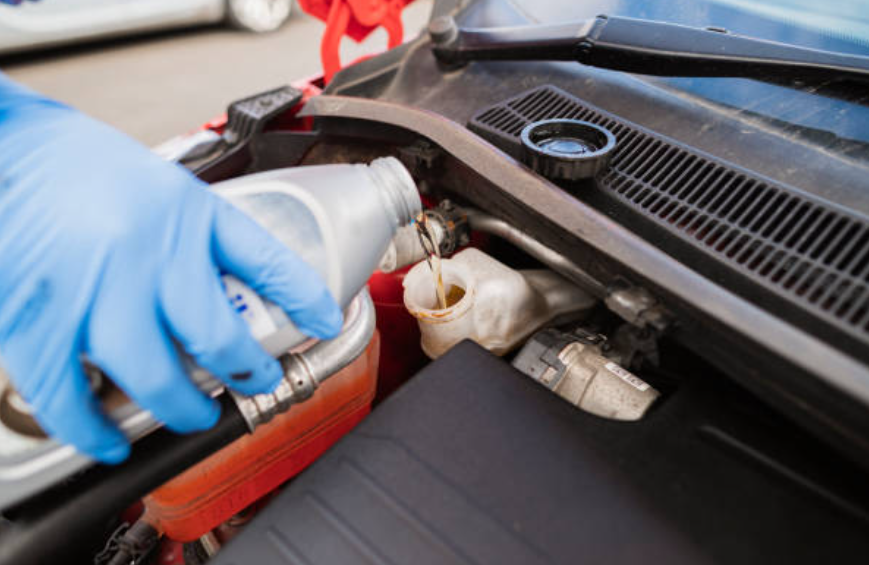
Multiple varieties of brake fluid exist, including the widely used DOT 3, DOT 4, and DOT 5. Each of these possesses unique attributes tailored for specific purposes and conditions. Grasping the precise brake fluid type essential for your vehicle is paramount in ensuring both safety and peak performance.
-
DOT 3: This is the most common type, suitable for everyday vehicles. It has a lower boiling point compared to other types and should be replaced every few years.
-
DOT 4: Offering a higher boiling point, DOT 4 is often used in performance and heavy-duty vehicles. It provides improved brake pedal feel and increased resistance to brake fade.
-
DOT 5: This is silicone-based brake fluid and is less common. It is typically used in certain high-performance and vintage vehicles.
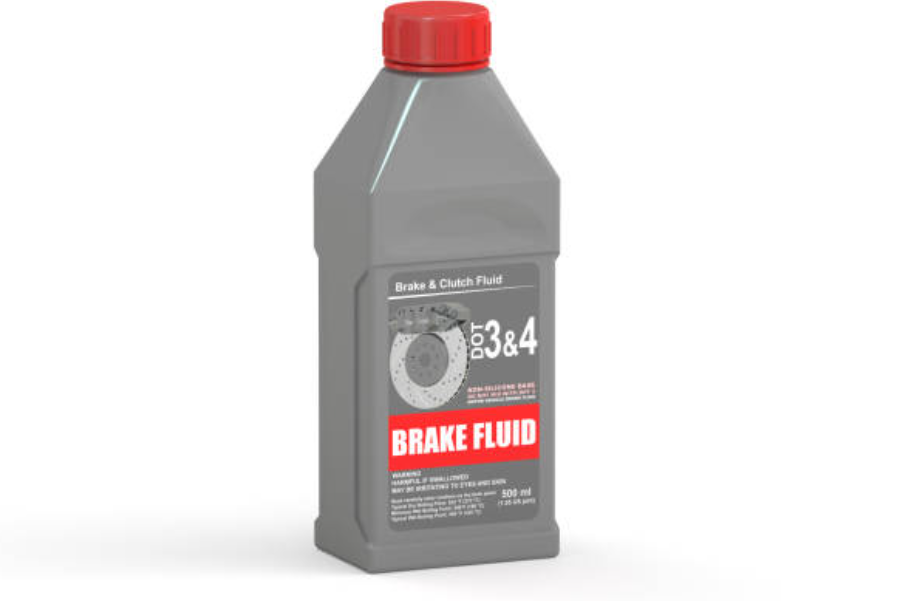
Brake fluid maintenance is a crucial element of vehicle care, ensuring both safety and performance. By regularly replacing and monitoring brake fluid, drivers can rely on responsive and consistent braking, preventing issues like brake fade and a spongy pedal feel. This maintenance not only extends the life of critical brake components but also aids in corrosion prevention within the braking system.
Furthermore, it aligns with manufacturer recommendations, preventing potential warranty issues and costly repairs. In essence, brake fluid maintenance provides peace of mind and guarantees that your vehicle's brakes are primed for optimal performance, making it an integral part of responsible vehicle ownership.
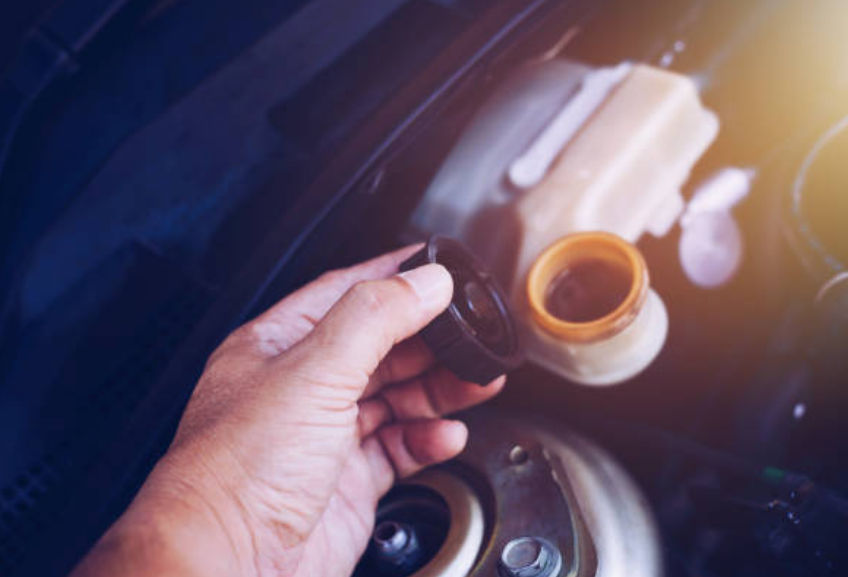
Several warning signs can signal potential brake fluid issues. A soft or spongy brake pedal, where it lacks the firmness it should have, may indicate the presence of air or moisture within the brake fluid, potentially compromising the effectiveness of your brakes.
An increased brake pedal travel distance before the brakes engage suggests issues with the brake fluid or the braking system. If your vehicle's dashboard displays a brake warning light, it serves as a clear indicator of potential brake fluid or braking system problems.
Additionally, visible brake fluid leaks, unusual brake noises such as squeaking or grinding, and reduced braking performance, where your vehicle takes longer to stop or experiences decreased braking power, all warrant immediate attention to address potential brake fluid concerns. Ignoring these warning signs could compromise both your safety and the efficiency of your vehicle's braking system.
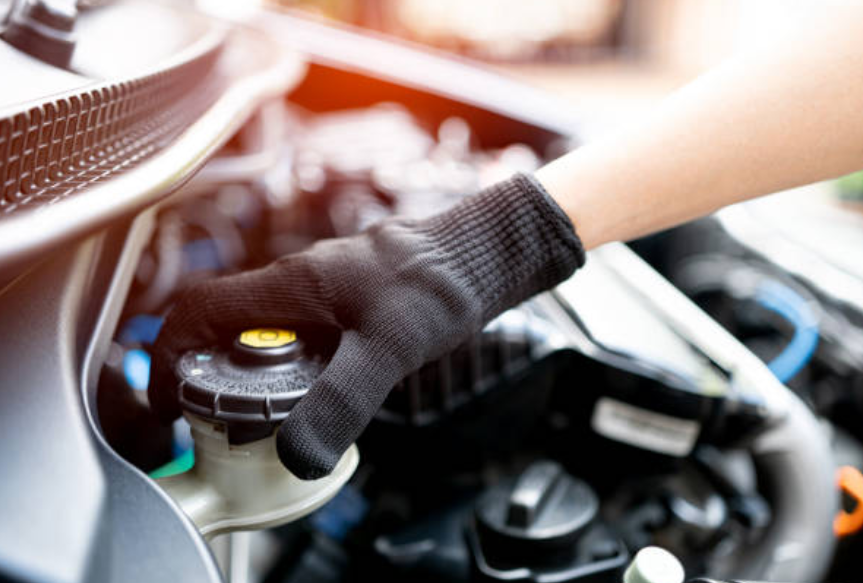
-
How do I properly dispose of old brake fluid?
Old brake fluid is considered hazardous waste and should be disposed of following your local regulations. Many auto parts stores and service centers accept used brake fluid for proper disposal. Never pour it down the drain or onto the ground.
-
What happens if I ignore brake fluid maintenance or issues?
Ignoring brake fluid maintenance or issues can lead to reduced braking performance, brake system damage, and, in extreme cases, brake failure. This poses a severe safety risk to you and other road users, so it's essential to address any brake fluid-related concerns promptly.
Read more article here: The 10 Best 50-Amp RV Surge Protectors For Ultimate Power Protection


